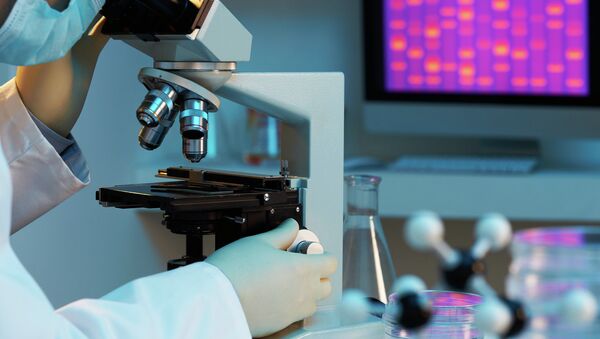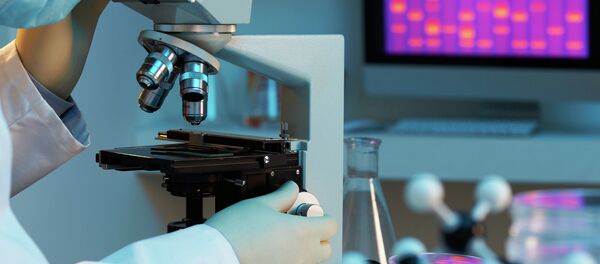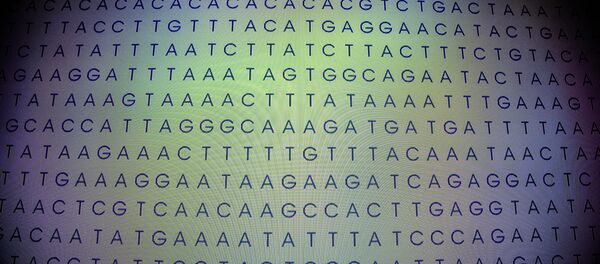"This is about light at the end of the tunnel for thousands of families in this country. It is about the prospect of life lived, life realised, and about the potential opportunity to live," parliament member Paul Burstow said during the debate.
The law was passed by 382 votes to 128, and will now go to the upper house. Members of the British parliament were allowed a free vote, arguing the controversial technique to create babies using genetic material from three people was a matter of conscience.
The method will focus on treating genetic diseases linked to defunct mitochondria, which are a type of specialized subunits in a cell that allow the body to produce energy. Unhealthy mitochondria can cause severe medical disorders, such as heart failure, brain damage and blindness, for which there is no cure.
Public Health Minister Jane Ellison pointed out that the approved technique offers "the only hope for some women who carry the disease to have healthy, genetically related children who will not suffer from the devastating and often fatal consequences of serious mitochondrial disease".
Mitochondria have their own genetic code, so concerns are that the change is permanent and will be passed down with any unexpected complications it may cause.
The Church of England has been critical of the initiative, prompting a response from Prime Minister David Cameron who assured the public that scientists are not "playing God".



